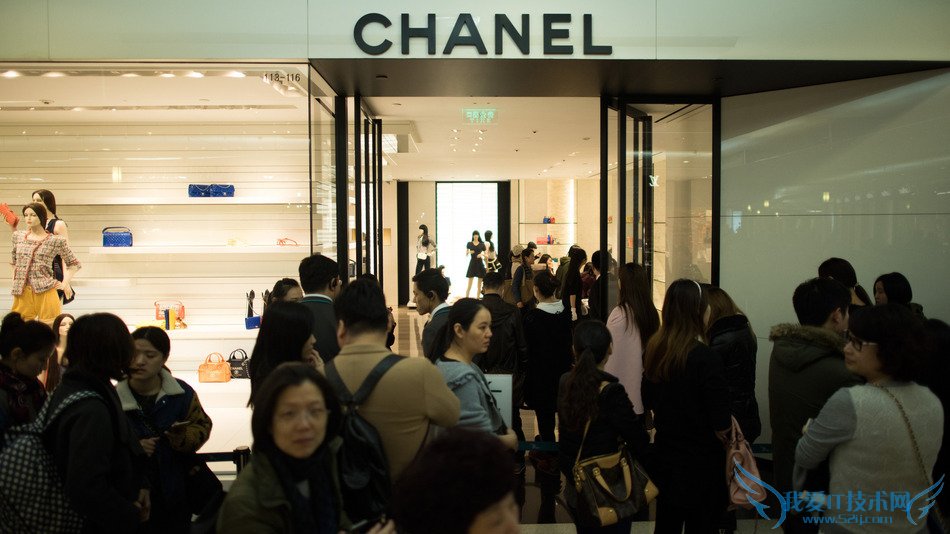��ӭ������52ijӢ��������������С��Ϊ�������Ӣ��֪ʶ�ǣ���1168����Ԫ��ȥ���й����ڹ���������ô�࣡������������ϸ�ķ�����
1168����Ԫ��ȥ���й����ڹ���������ô�࣡

Consumers in China spent $116.8 billion on luxury goods abroad in 2015, according to China Daily.�ݡ��й��ձ���������2015���й��������ھ��������Ʒ�����ܼ�1168����Ԫ��
This translates to 46% of the global volume of high-end goods, which includes branded leather goods, cosmetics and electronics.�������ռ����ȫ��߶˲�Ʒ����������46%���߶˲�Ʒ����Ʒ��Ƥ����Ʒ����ױƷ�͵��Ӳ�Ʒ��
Many Chinese buyers are keen to make their high-end purchases overseas because luxury goods imported into China are priced at a premium, in part because of high import tariffs. The China Chamber of International Commerce found last year that high-end goods were priced at up to 68% higher in China compared to prices in the U.S. and Europe.�����й��������������ڹ����߶�����Ʒ������ԭ����Ҫ����Ϊ�ݳ�Ʒ���ڵ��й����ڻ���һ�ʸ��ӷ��ã�ͨ���ǹ�˰�����й������̻�ĵ�������ȥ��߶�����Ʒ���й������ۼ۸�Ҫ��ŷ�������߳�68%��
This has resulted in many overseas brands shutting their mainland stores, such as French fashion house Louis Vuitton, which closed stores in Guangzhou, Harbin and Urumqi last year.��������������������Ʒ�Ʒر����й���½���ŵꡣ���編��ʱ��Ʒ��·�����Ǿ���ȥ��ر��˹��ݣ�����������³ľ����ŵꡣ
Other luxury goods brands such as Burberry, Hermes, Armani and Prada also shut outlets in China over the past two years.��ȥ������ͱ������ˣ��������������Ҳ���й���ʼ���ŵꡣ
Some brands remain bullish on China, however. Apple, for one, has been aggressively expanding in the country in the past year, and has set a goal to have 40 stores in Greater China by mid-2016.�е�Ʒ�����й���Ȼ����ǿ������ͷ��ƻ��������֮һ��ȥ��ƻ����˾���й����������г�������Ŀ����2016�꣬���й�����40���ŵꡣ
- �����б����������۽������ѱ�����˿���������������վͬ����۵��֤ʵ��������
-
